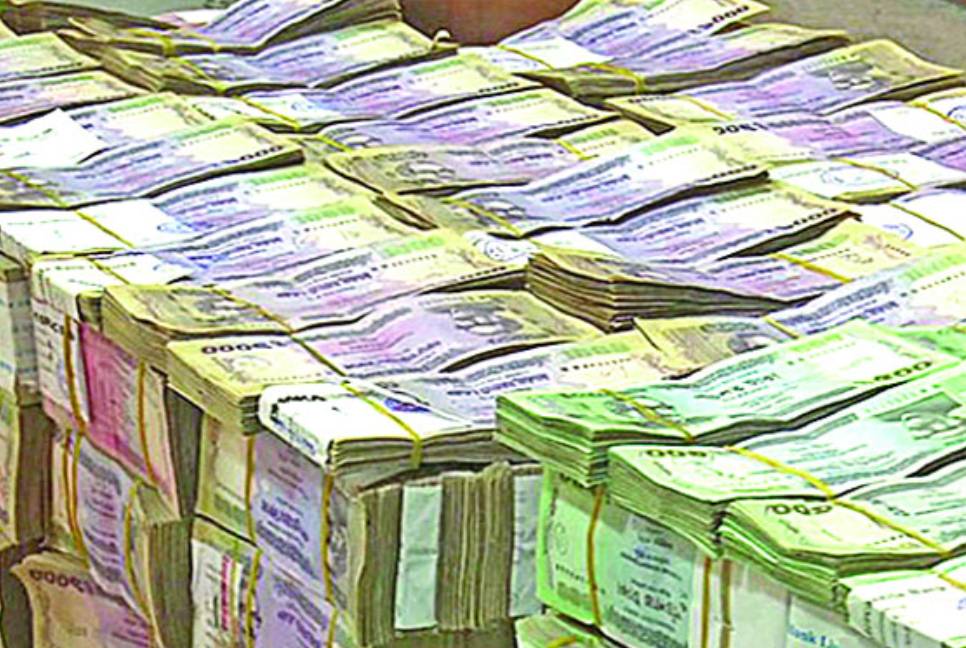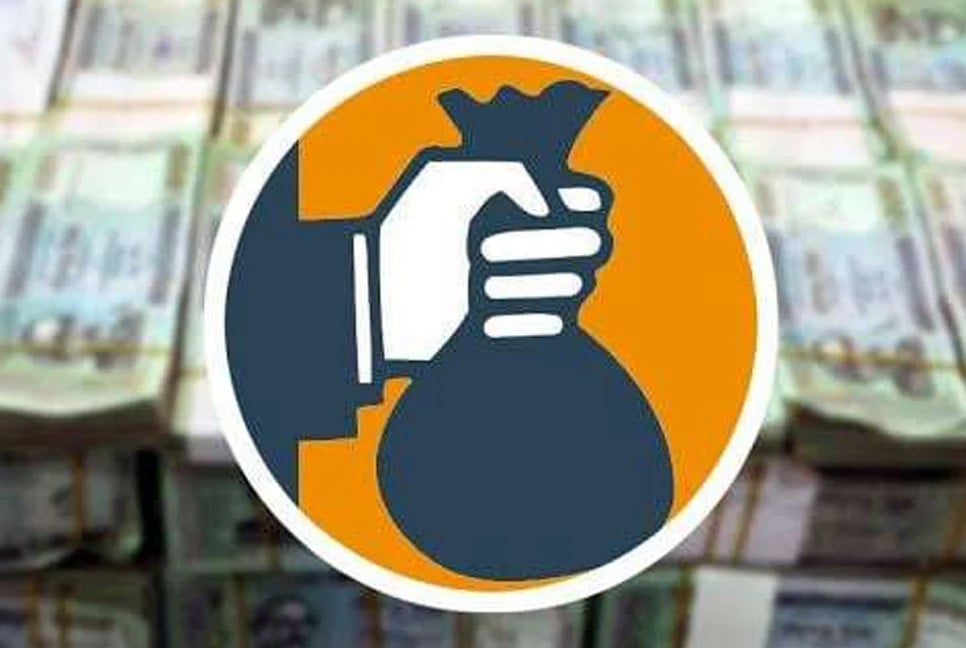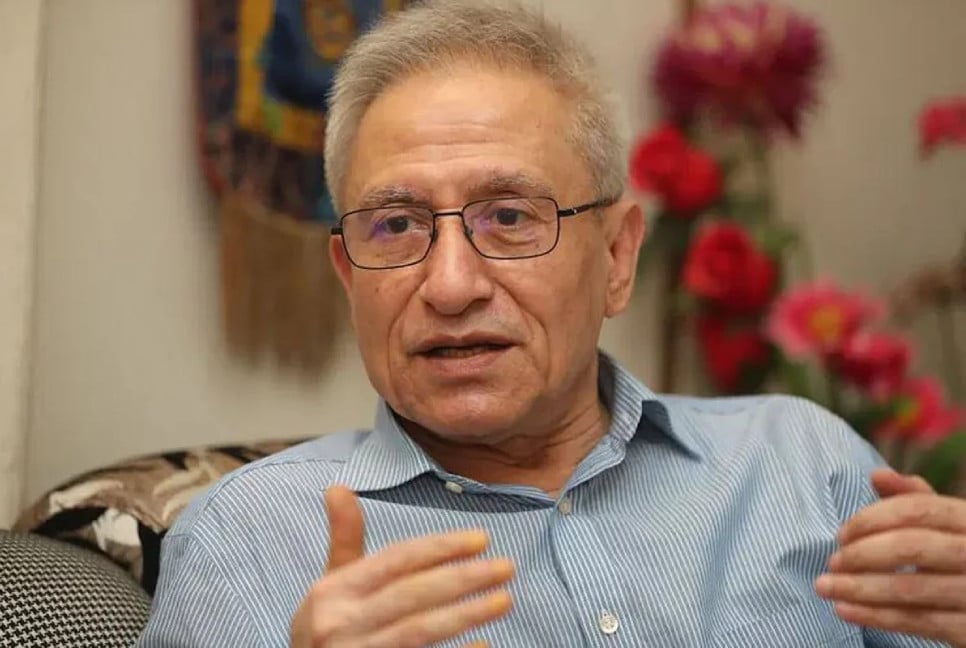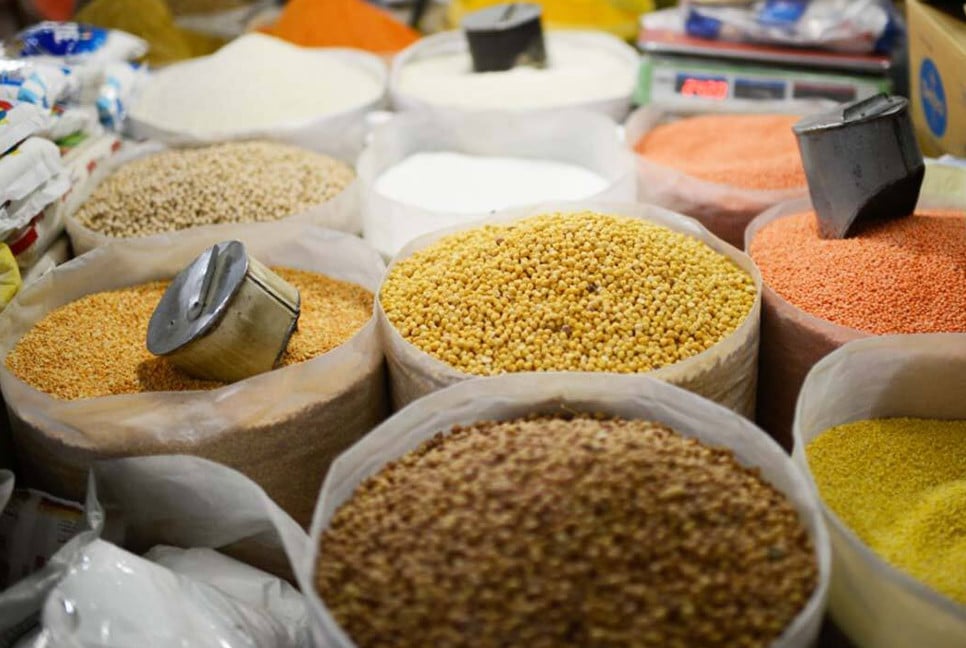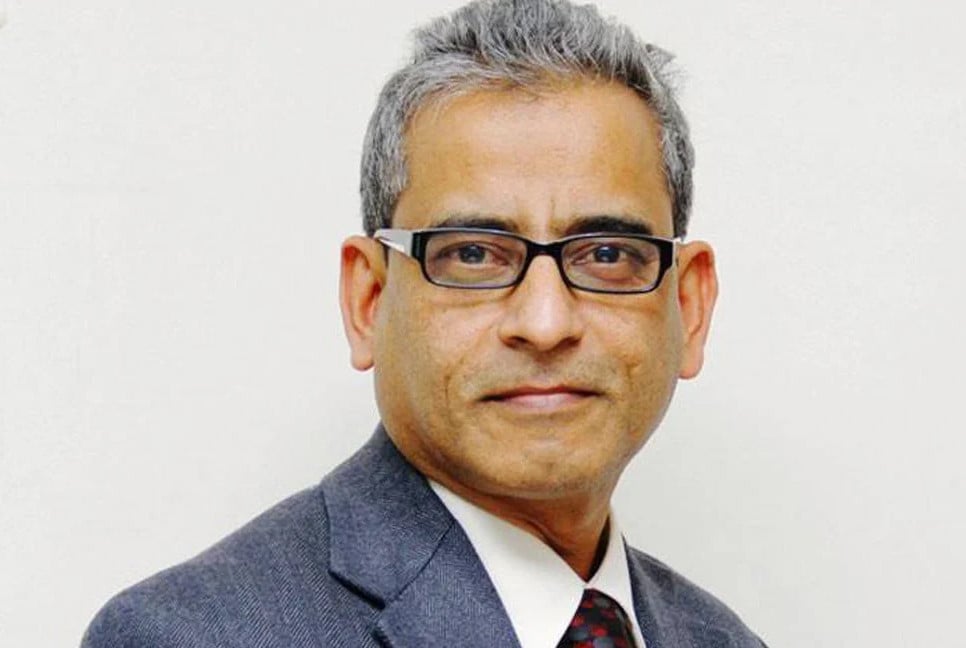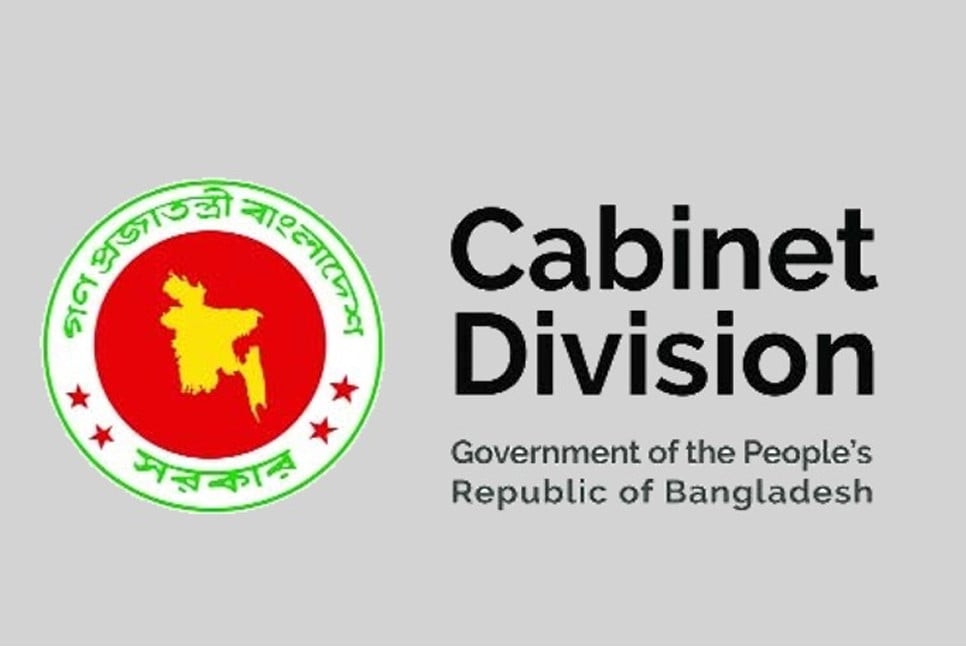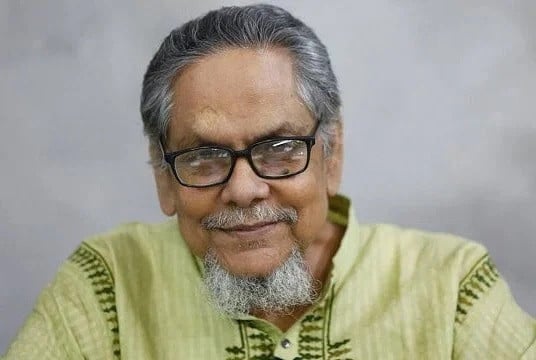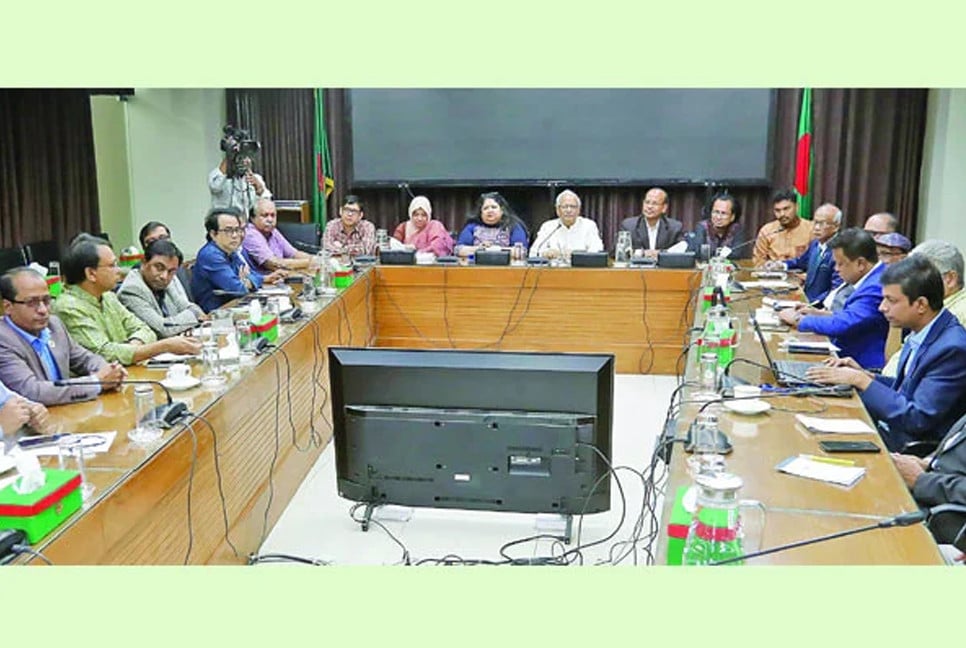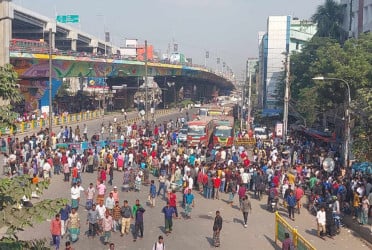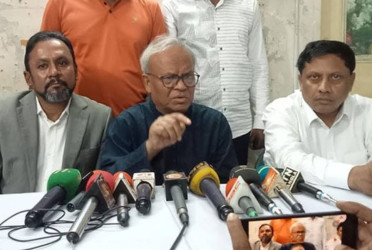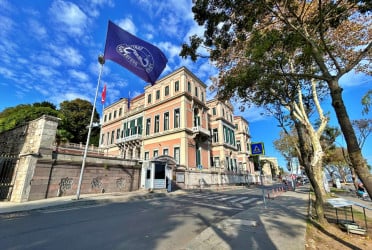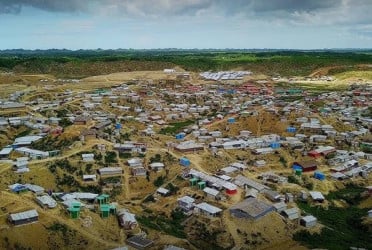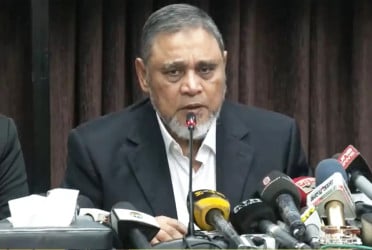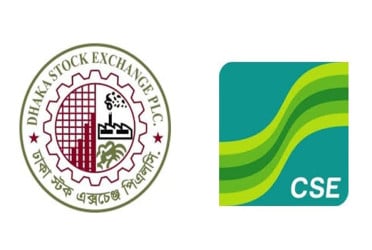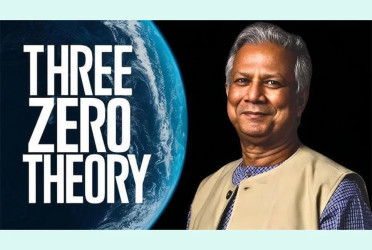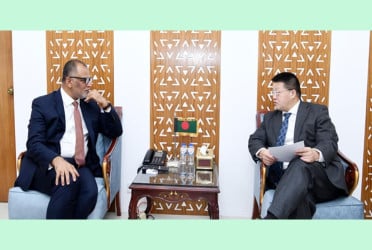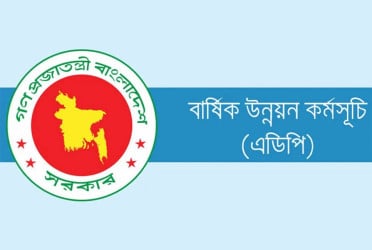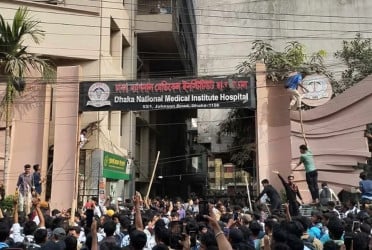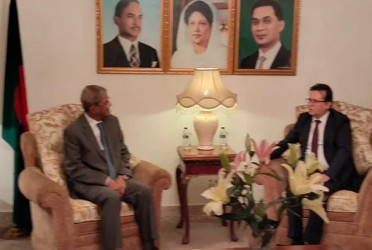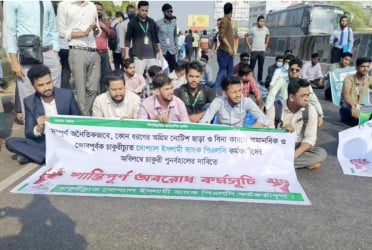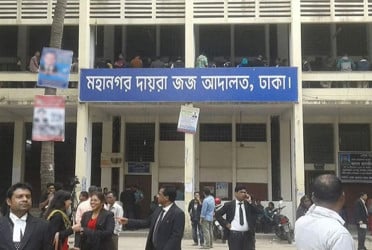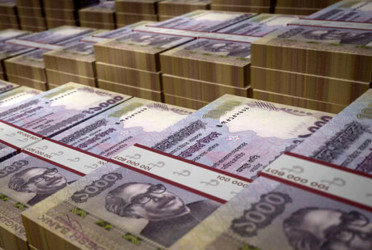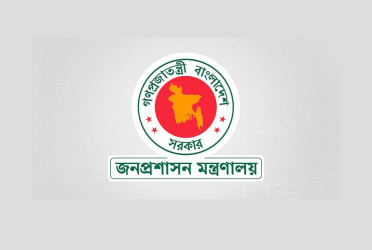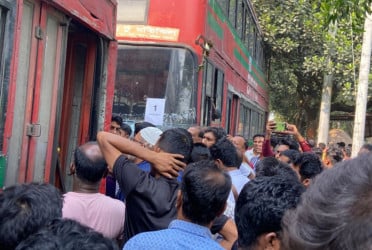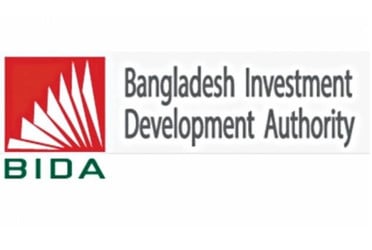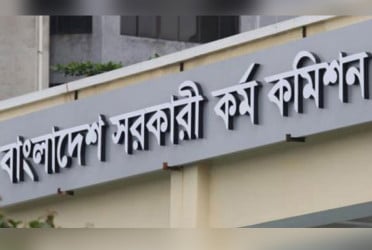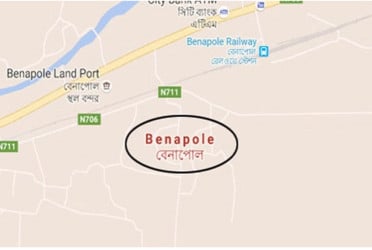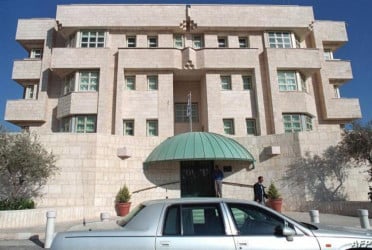The country’s banking sector is in a liquidity crisis as most of the banks can’t collect expected deposits due to the dollar crisis, delay in debt collection, and high inflation. As a result, banks are operating daily transactions taking loans from other banks with high interest rates. The inter-bank call money rate was 11.5 per cent yesterday (Wednesday).
Banking concerned said the remittance earnings through legal channel is not increasing as the ‘market-based’ dollar exchange rate is not fixed in the country. The central bank is selling huge amounts of dollars to the banks to meet import costs. Bangladesh Bank (BB) has so far sold $590 crore worth around Tk 65, 000. As a result, the liquidity of the banks is declining.
The expenditure of the livelihood of the country’s people increased because of high inflation. It results in less deposit tendency in banks. The inflation was 9.49 per cent in November last. Besides, people can’t get confidence to deposit in banks for a few loan scams of several banks. They are (depositors) keeping the money in hands withdrawing from the banks. Furthermore, defaulted loans have increased the crisis. All these reasons have created a liquidity crisis in the banking sector. As a result, banks are taking call money alongside loans from the central bank to keep the daily transaction normal.
Economists and bankers said that people don’t have enough money for deposits due to high inflation. Deposits also declined due to competition from the banks in the absence of fixed interest rates.
Former Bangladesh Bank governor Salehuddin Ahmed has recently said all internal problems of the banking sector will have to be fixed first to recover the situation. The country’s economy won’t get anything if the policy rate is fixed at hotel meetings. The BB will have to show its capacity. If BB can’t do this, financial institutions will be ruined. Misuse of loans, insufficient remittance in the banking channel, and lack of market-based dollar rate have created the adverse situation, he added.
According to the central bank data, the amount of inter-bank call money was Tk 5,228 crore on Wednesday (December 6). The amount of one-day call money was Tk 4,418 crore at 9.25 per cent interest, Tk 170 crore at 9.10 per cent interest for four-day period loans, Tk 100 crore loans at 9.25 per cent interest for six days, Tk 195 crore at 9.40 per cent interest for seven days, Tk 85 crore at 10 per cent for 11 days, Tk 230 crore at 11 per cent for 14 days, and Tk 30 crore was at 11.50 per cent interest for 21 days. The amount of inter-bank call money was Tk 4,438 crore on Tuesday and Tk 4,595 crore on Monday.
Besides, the banks are borrowing Tk 15-20 thousand crore daily on average from the central bank. The total amount of borrowing of the banks from the BB was Tk 53,194 crore till Monday.
Contacted, Social Islami Bank former managing director Shafiqur Rahman told Bangladesh Pratidin that bank deposit has declined due to an increase in expenditure in the livelihood. Many people maintain daily life by withdrawing savings.
Besides, the demand for cash increases during the election period. Liquidity crisis has also deepened as banks are collecting deposits after withdrawal of 9-6 per cent interest rate, he added.
Sources said banks give mortgages of various financial instruments including treasury bills and bonds to get loans from the central bank. Shariah-based banks can’t buy these instruments based on interest. That’s why these banks don’t have enough treasury bills and bonds to take loans. The allotted loans for the crisis-hit five banks have already finished. As a result, these five banks getting loans under special arrangement.
Dr. Zahid Hussain, former lead economist at the World Bank said, “We have a gap between internal demand and supply. Besides, the government is printing new notes to meet the budget deficit and later is withdrawing this money to tackle the inflation. For this reason, an unstable situation is created in the money market which is increasing the inter-bank call-money rate. Besides, the upcoming election has also an impact on the ongoing liquidity crisis in the money market.”
@ The article was published on print and online versions of The Bangladesh Pratidin on December 7, 2023 and has been rewritten in English by Golam Rosul.

